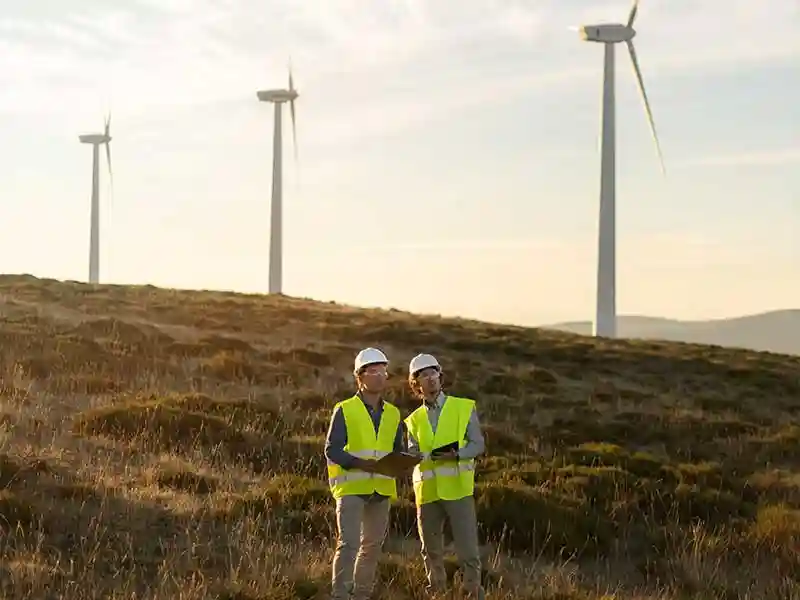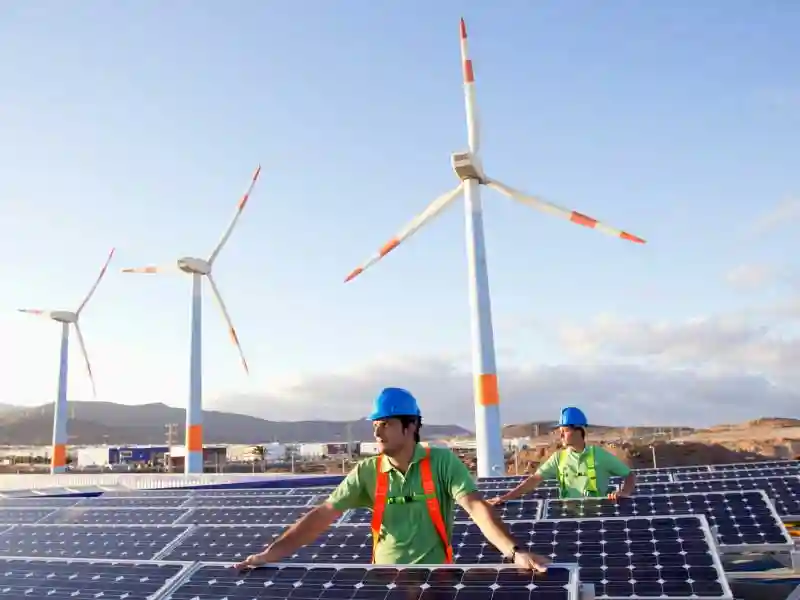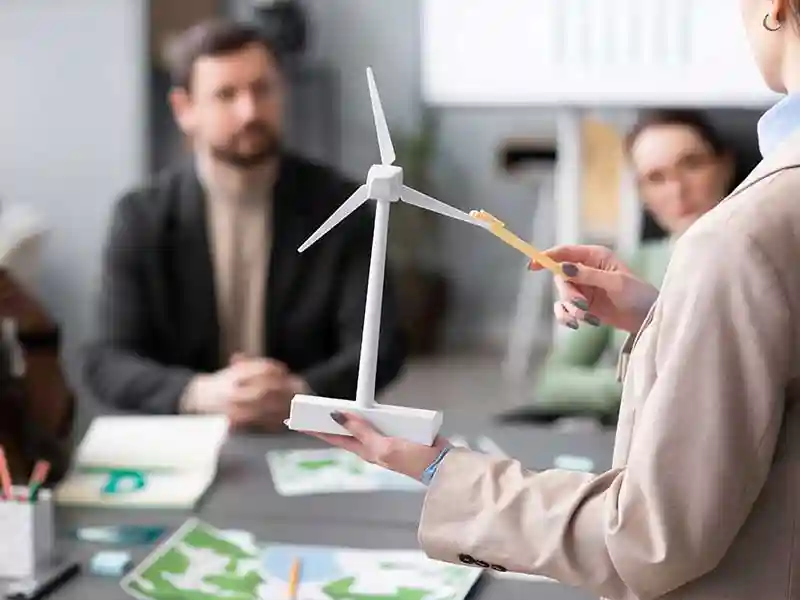
To reduce the environmental impacts of greenhouse gas emissions, and to aid sustainable development, there is a need to support low carbon technologies, especially from renewable sources. The ocean is a vast and largely untapped energy resource, which can potentially supply the global electricity demand. Therefore, an emerging eld of the marine renewable energy industry has initiated, and such expertise is increasingly on-demand. Recently, a coordinated strategy for developing inter- Disciplinary ocean renewable energy program at URI has been formed to promote research and education in this area (Ocean Renewable Energy Cluster). This course can serve as a stepping stone for graduate/undergraduate students from various disciplines, who are interested in the technical and environmental aspects of ocean renewable energy. It applies knowledge they have learned across multiple courses in an exciting new area.

This training course provides an intermediate to advanced level of knowledge about the operation, control, construction, assemblies, and configuration of the most common types of fossil-fueled power plants, in particular thermal, gas, and diesel power stations. The training course also provides an insight into the concepts of electrical and mechanical engineering, electrical machines and electrical drives, thermodynamics, etc. to make the delegates well prepared for the subject.

The electric power distribution system plays an important role in the efficient operation of a modern industrial plant. Such a system includes high voltage circuit breakers, switchgear, transformers, motor control centers, electric motors, variable speed drives, etc. A trouble-free electrical system is essential for interruption-free plant operations. This course will cover all aspects of power distribution, including system planning, equipment selection, and application, system grounding, protection and conformity with electrical code requirements, etc. Participants will work under instructor guidance to develop a power distribution system single line diagram for a typical industrial plant.

The course starts by reviewing current practices to establish a sound understanding of the underlying principles of power system transmission, distribution, operation, and control. Next are considered the developments that are taking place as a result of new forms of generation, load interconnection, fault level limitation, and numerous advances in system innovation. The manner in which the new technologies are implemented is related to geographical location, sites requiring additional power, government strategy, and technical motivation for change. Not all power systems will advance at the same rate, but all will take advantage of the benefits of technology to a greater or lesser extent, thus improving the overall electrical efficiency.

The boiler is an essential component of the modern power plant as well as in any process and petrochemical plant. A modern boiler has to produce steam in an efficient and safe manner with the lowest operational cost that is practical. The safety of steam production and boiler operation presents an important element in the overall steam production management. Boiler operation has to be in an environmentally acceptable way, including the aspects of combustion, but also chemical water treatment and other safety considerations.